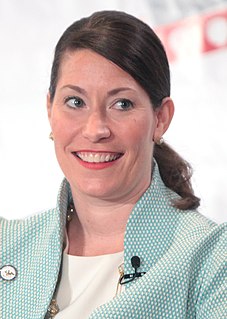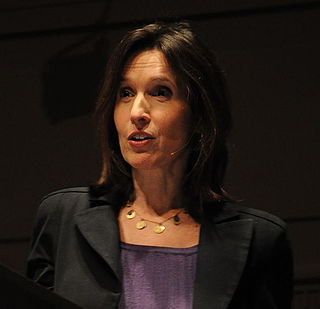A Quote by Paul Krugman
So what are the effects of increasing minimum wages? Any Econ 101 student can tell you the answer: The higher wage reduces the quantity of labor demanded, and hence leads to unemployment.
Related Quotes
Sharp increases in the minimum wage rate are also inflationary. Frequently workers paid more than the minimum gauge their wages relative to it. This is especially true of those workers who are paid by the hour. An increase in the minimum therefore increases their demands for higher wages in order to maintain their place in the structure of wages. And when the increase is as sharp as it is in H.R. 7935, the result is sure to be a fresh surge of inflation.
In working on any one problem, such as higher minimum wages, so many other issues come into play, such as some businesses possibly closing down, thus creating fewer jobs and more unemployment and incentivizing companies to import more goods from abroad, which leads to even less employment at home, and so on.
Minimum wage laws tragically generate unemployment, especially so among the poorest and least skilled or educated workers... Because a minimum wage, of course, does not guarantee any worker's employment; it only prohibits, by force of law, anyone from being hired at the wage which would pay his employer to hire him.
[E]conomic liberty and creative entrepreneurship are the basis of any solution to today's social and economic difficulties. Blaming business, setting wages, and attempting to run the economy by decree from Washington only exacerbates the problems. Consider the minimum wage. It seems so simple: Tell business to pay its workers more. But a hike in the minimum wage is essentially a tax, punishing precisely those companies that hire workers with the least skills.
I was on the committee that helped raise the minimum wage here in Seattle. I introduced a statewide bill to raise the minimum wage in Washington state my first year in the state senate, and I really believe that raising the federal minimum wage, while not the answer to everything, addresses a lot of the issues at the very bottom.
[A] family with two kids that earns the minimum wage still lives below the poverty line. That's wrong. That's why, since the last time this Congress raised the minimum wage, 19 states have chosen to bump theirs even higher. Tonight, let's declare that in the wealthiest nation on Earth, no one who works full-time should have to live in poverty, and raise the federal minimum wage to $9 an hour.
Free migration within Europe means that countries that have done a better job at reducing unemployment will predictably end up with more than their fair share of refugees. Workers in these countries bear the cost in depressed wages and higher unemployment, while employers benefit from cheaper labor.
It seems to me both moral and practical that in the richest in nation in the world that someone working full time shouldn't live in poverty. And studies over the last 20 years in states where we have seen these minimum wage increases show there's no discernible impact on employment growth. In fact, what it does is line low-wage workers' pockets with higher wages.


































